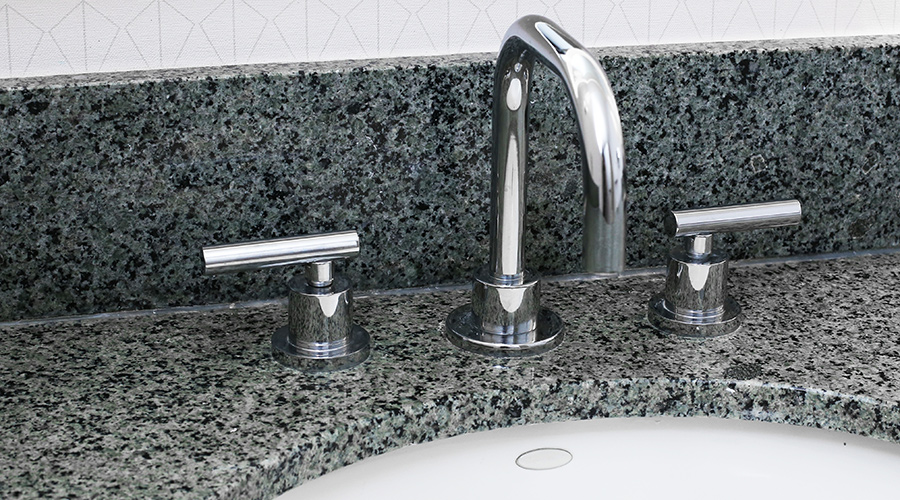A new survey reveals a desire for more training, tools, and resources around regulated and pharmaceutical waste management by nearly 60 percent of healthcare providers and administrators. Stericycle Inc. recently released its Healthcare Workplace Safety Trend Report revealing insights into healthcare workers' perspectives on their work environments.
On the heels of immense changes brought on by modernization, new technology, changing expectations, and the COVID-19 pandemic, the study aimed to shed light onthe perspectives of healthcare providers and administrators on the safety and standards needed to provide a quality care environment.
Both audiences also see a clear connection between the health and safety of the care environment and the impact on quality of care and job satisfaction, especially in the home setting. More than 70 percent of healthcare providers and administrators believe improper medical waste disposal greatly impacts patient health and safety and puts the physical safety of providers at risk.
"The healthcare workforce, leaders, and patients face headwinds when it comes to protecting the health and well-being of the industry at large,” says Cory White, Stericycle’s executive vice president and chief commercial officer. "We've witnessed firsthand how existing issues like provider burnout, changing patient expectations and quality of care environments have only been exacerbated by the COVID-19 pandemic. Our findings underscore that healthcare providers and administrators understand how the health and safety of a care environment impacts patient care. It is clear, medical waste management is critical for creating a safe and efficient care environment for healthcare workers and patient health and well-being."
Additional key themes and insights from the report include:
- Burnout among healthcare professionals is prominent and could impact their safety. COVID-19 has exacerbated feelings of burnout (72 percent) and stress (85 percent) among providers, and the pandemic is undermining their sense of safety in the workplace (71percent). Less than 5 percent say they feel heroic.
- Healthcare workers prefer solutions that limit the impact of medical waste on the environment. The environmental impacts of improper biohazardous waste management are substantial. While 75 percent of administrators believe their organization is doing enough to reduce its environmental impact through appropriate biohazardous waste management, providers (54 percent) are less aware of these efforts.
- At-home care is here to stay but can pose significant challenges. At-home care can pose significant challenges when it comes to ensuring the proper disposal of medical and pharmaceutical waste and can expose workers and patients to risk. More than 80 percent of providers say proper disposal of biohazardous waste in at-home care environments is a core challenge.
- Drug diversion is a top concern that has worsened due to the pandemic. Drug diversion is a chief concern among providers. More than one-half (56 percent) of healthcare workers believe improperly disposed of pharmaceutical waste is one of the top contributors to the opioid epidemic and believe it has been easier for opioids to get into the wrong hands during the pandemic (52 percent of providers and 64 percent of administrators).

 From Downtime to Data: Rethinking Restroom Reliability in Healthcare
From Downtime to Data: Rethinking Restroom Reliability in Healthcare LeChase Building Four-Story Addition to UHS Delaware Valley Hospital
LeChase Building Four-Story Addition to UHS Delaware Valley Hospital AdventHealth Sebring Breaks Ground on Expansion Project
AdventHealth Sebring Breaks Ground on Expansion Project Regulations Take the Lead in Healthcare Restroom Design
Regulations Take the Lead in Healthcare Restroom Design AHN Allegheny Valley Hospital Opens Expanded Inpatient Rehabilitation Unit
AHN Allegheny Valley Hospital Opens Expanded Inpatient Rehabilitation Unit